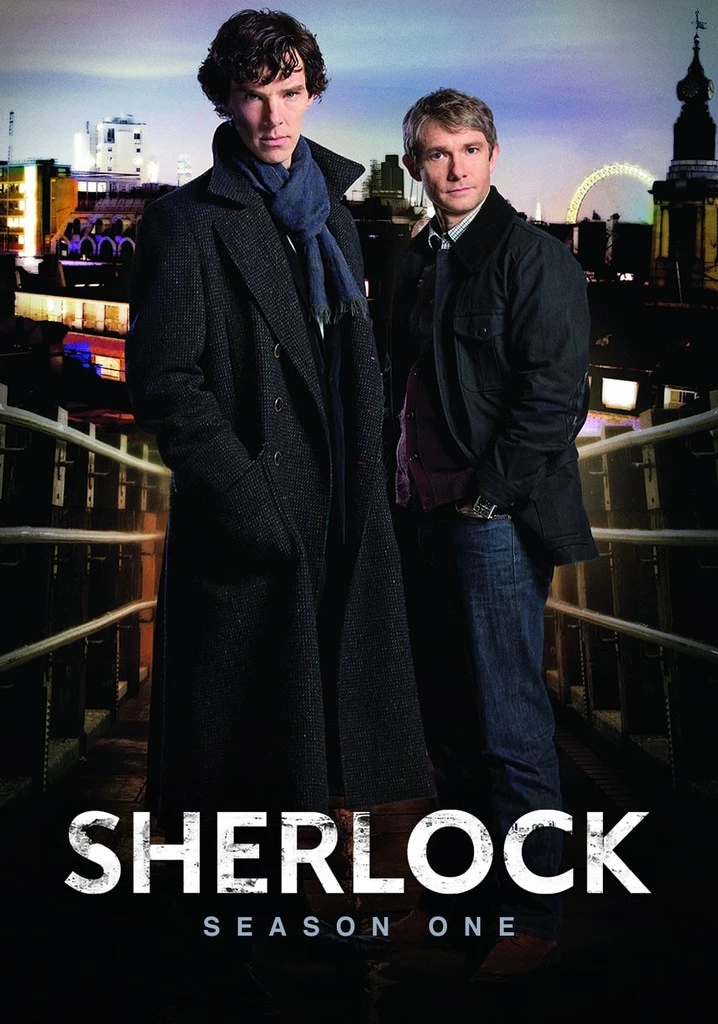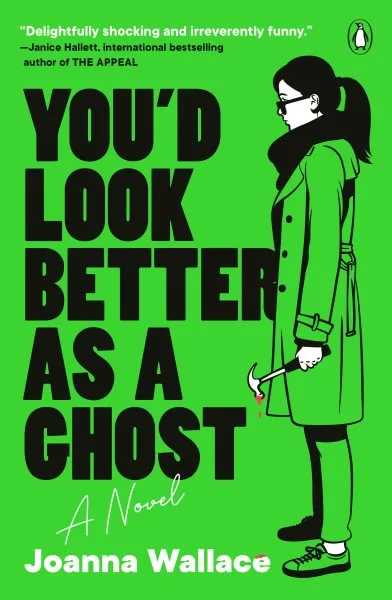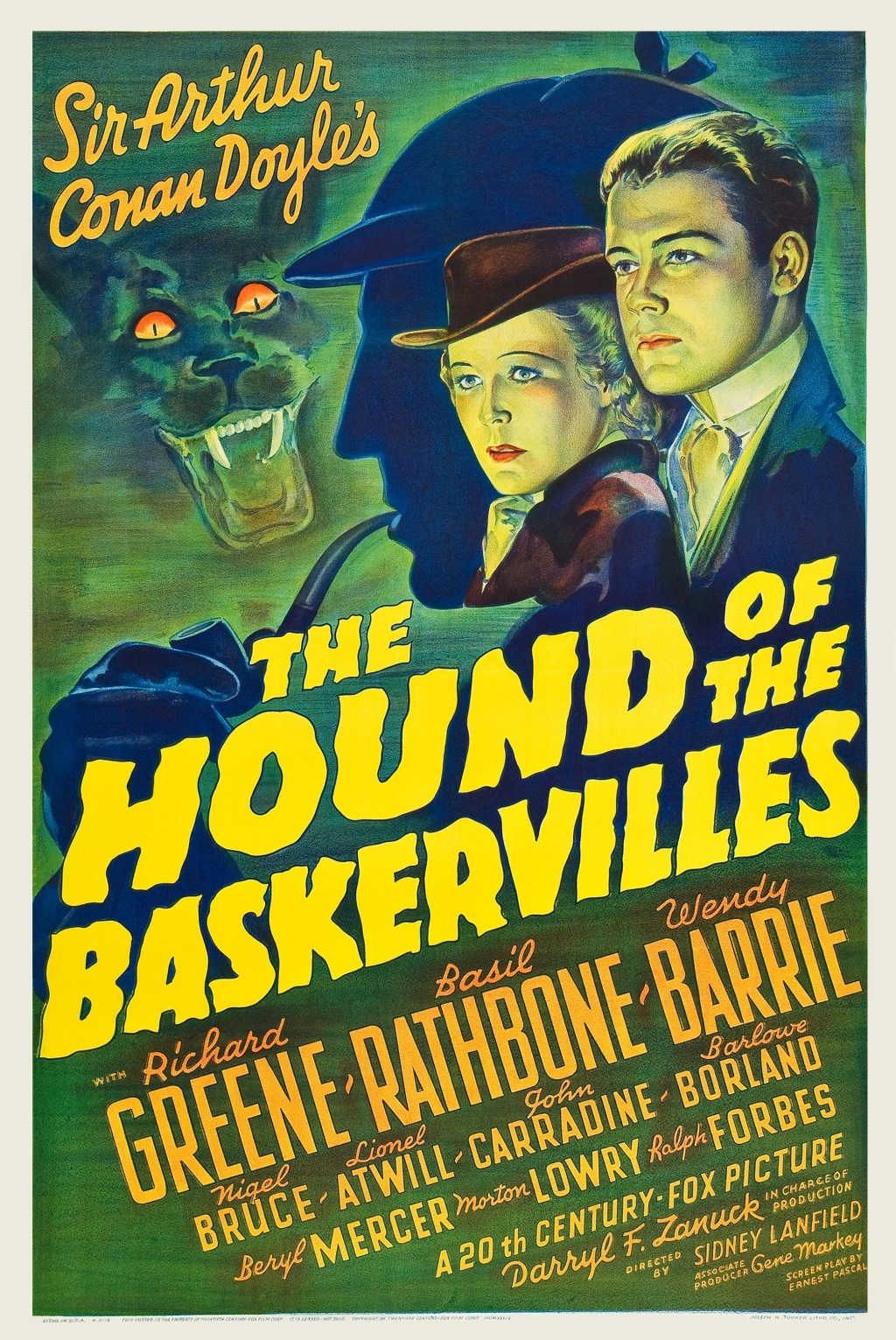
Originally published as 銃 in 2003
English translation published in 2015
On a nighttime walk along a Tokyo riverbank, a young man named Nishikawa stumbles on a dead body, beside which lies a gun. From the moment Nishikawa decides to take the gun, the world around him blurs. Knowing he possesses the weapon brings an intoxicating sense of purpose to his dull university life. But soon Nishikawa’s personal entanglements become unexpectedly complicated: he finds himself romantically involved with two women while his biological father, whom he’s never met, lies dying in a hospital. Through it all, he can’t stop thinking about the gun—and the four bullets loaded in its chamber. As he spirals into obsession, his focus is consumed by one idea: that possessing the gun is no longer enough—he must fire it.
The Gun is the story of a young man’s growing obsession with a gun he discovers next to a body under a bridge near the river while wandering late at night. Instinctively picking it up, he takes it home with him where he cleans it and examines it more closely, finding there are four bullets left in its chamber.
After he starts to carry it with him everywhere he begins to fantasize about firing the gun…
Though it is labelled a crime novel, I think it would be more accurate to describe The Gun as a piece of literary fiction, albeit one placed in the noir tradition. After all, for most of the novel’s page count there are no crimes beyond the possession of the gun itself and our focus is on exploring the protagonist’s precarious mental state.
The narrator, Nishikawa, is a university student who is something of a loner. While the novel begins with the discovery of the gun we get an impression of his life prior to that moment and it is clear that he was already exhibiting some warning signs.
He has one friend, Keisuke, but he has little affection for him, seeming disgusted by his lifestyle of heavy drinking and womanizing. While he also seduces women, he has little interest in them afterwards and certainly no interest in forming anything approaching a relationship. Not that he seems to find much pleasure in those pursuits either…
Possessing the gun does not change Nishikawa so much as it encourages some dormant personality traits to develop and emerge. In effect it serves as a catalyst, giving him the power and the confidence to become the person he would like to be and ignore his inhibitions. We see this manifest itself in several ways including his interactions with two women (it would be misleading to call them relationships or either woman a romantic interest). His behavior in both encounters becomes increasingly less responsive to the women’s preferences.
One of the most successful aspects of the novella is in the way it conveys the sense of obsession. The word gun appears frequently throughout the story, sometimes as often as every two or three lines and this is a really effective way of suggesting just how ever-present it is in Nishikawa’s thoughts. The writing conveys a fascination with the mechanism and with the sense of power it bestows and while I think there is a sense of inevitability about the story’s ultimate destination, I did find it interesting to witness some of the developments that push the story towards that conclusion.
The other aspect of the novella that I found to be particularly successful was the way it posed the question of whether the gun gives Nishikawa power or whether it is actually exerting it over him. At times the gun seems to almost possess a personality or an aura and seems to be willing him to act in particular ways and the reader may question whether this is simply a projection of his own desires or if it really does have a sort of hold over him. After all, he tells us quite clearly that he never had any interest in guns prior to finding this one and we have little reason to think he is manipulating us. Is it simply the allure of the forbidden or is there something almost supernatural about the gun?
As interesting as that idea can be, the problem for me was that the plot was not sufficiently complex. Indeed there is relatively little incident at all beyond his interactions with the two girls and a subplot involving a trip to the hospital to visit his father. The latter sequence provides an interesting viewpoint of his mindset and sense of priorities and self but I couldn’t help but feel that it could have been expanded on to explore the origins of Nishikawa’s sociopathic tendencies.
Instead the author chooses to provide the reader with suggestive moments but no clear answers. Denying the reader answers or a sense of resolution can be an interesting choice as it can provoke and engage a reader but here it feels that it simply fell outside the scope of the writer’s interest.
This is a shame because I think at its best the author’s depiction of obsession can be really quite effective. The problem is that as the novella strikes one note repeatedly, it ends up feeling a little repetitive by the point we reach the end and it fails to develop any great moments of surprise or the sense that the reader is engaging in an act of discovery.
So, overall this didn’t quite work for me but while I was a little underwhelmed by some aspects of this particular title I did enjoy the writing style enough that I am keen to try more of his work.
Hopefully the next title I pick will be more to my taste.
Further Reading
Normally I link to other blog reviews but I found this discussion between the author and his French translator and discussion of the film adaptation so interesting that I had to link to it. I will say that while I had some reservations about the novella, I am intrigued by the stills from the movie adaptation and would be curious to see it for myself.




Leave a comment